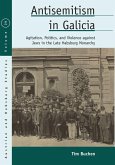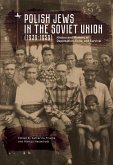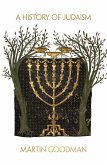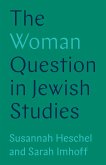"In recent years there has been a burgeoning interest in all things Jewish in Poland. The country's recent "Jewish turn" has been characterized by the proliferation of festivals of Jewish culture, the commercial success of klezmer music, the spread of Judaica bookstores and Jewish-style restaurants, the opening of new Jewish museums, the development and expansion of Jewish studies programs and Holocaust research centers, and the public soul-searching about Polish-Jewish relations before, during, and after the Holocaust. Poland's recent sharp turn to the right has not put the brakes on this phenomenon, as it marries well with a certain type of right-wing philosemitism that lauds the Israeli government's ethnocentric understanding of Zionism. Polish Judeophilia has been driven almost entirely by non-Jewish Poles, although the tiny Polish Jewish community is being bolstered by those Poles who have recently discovered their Jewish ancestry and have begun to self-define as Jewish. In this book, Geneviáeve Zubrzycki draws on more than a decade of field research conducted in Krakâow, Warsaw, and Wroc±aw from 2010-18, during which she tracked changing Polish-Jewish relations and documented non-Jewish Poles' rising interest in Judaism and Jewish culture. She conducted fieldwork at festivals of Jewish culture across Poland, and was a frequent participant-observer at the Krakâow Festival of Jewish Culture. She analyzed the core exhibits and programs of five newly opened Jewish museums; attended large Christian "Passover Seders" aimed at Catholics and Protestants eager to learn about Judaism; and accompanied Polish Jewish youth on a Birthright trip to Israel. She also conducted nearly 100 open-ended interviews with key actors and representatives of institutions involved in major Jewish initiatives and activities, such as rabbis, communal leaders, museologists, artists, newspaper editors, and public intellectuals, as well as participants in communal and cultural events. Zubrzycki, while acknowledging that the interests and motives behind this Jewish revival are varied, argues that it is part of a broader struggle to redefine what constitutes Polishness, and specifically to challenge narrowly nationalistic, ethno-cultural associations of Polishness with Catholicism"--
Bitte wählen Sie Ihr Anliegen aus.
Rechnungen
Retourenschein anfordern
Bestellstatus
Storno








